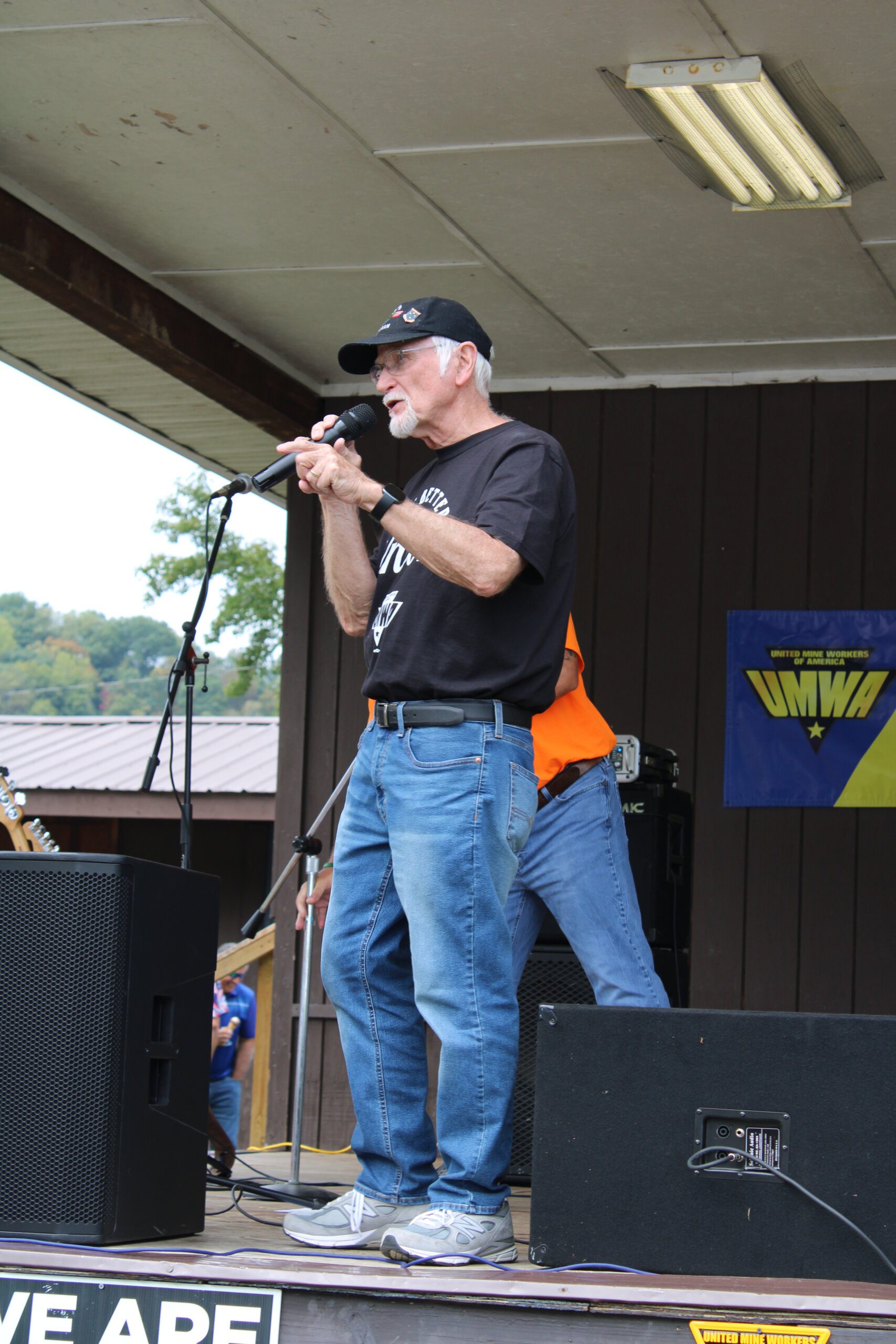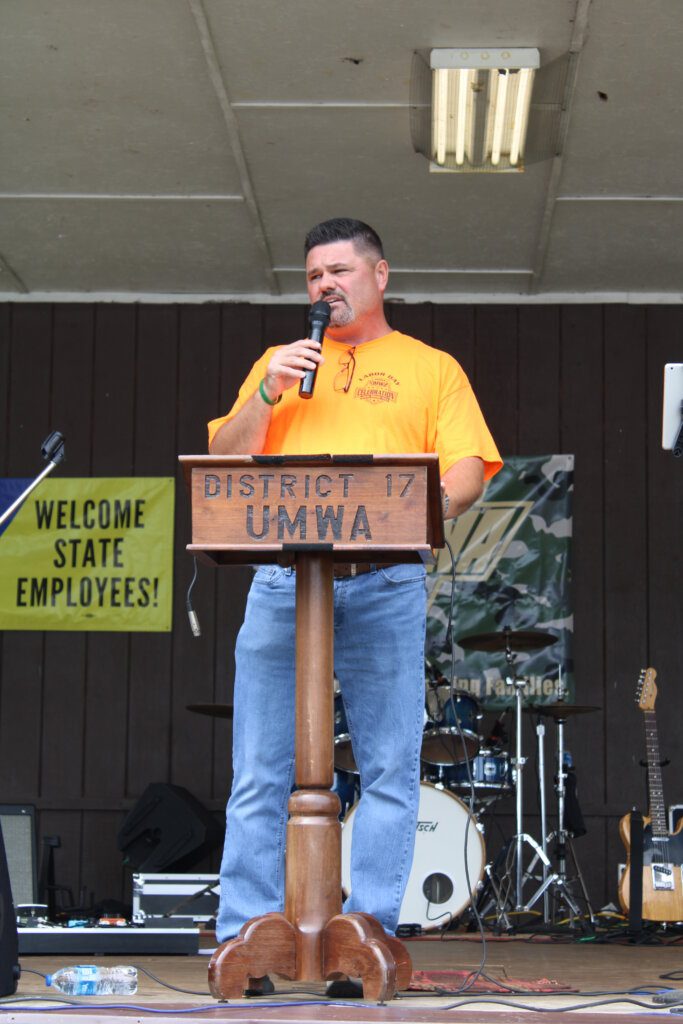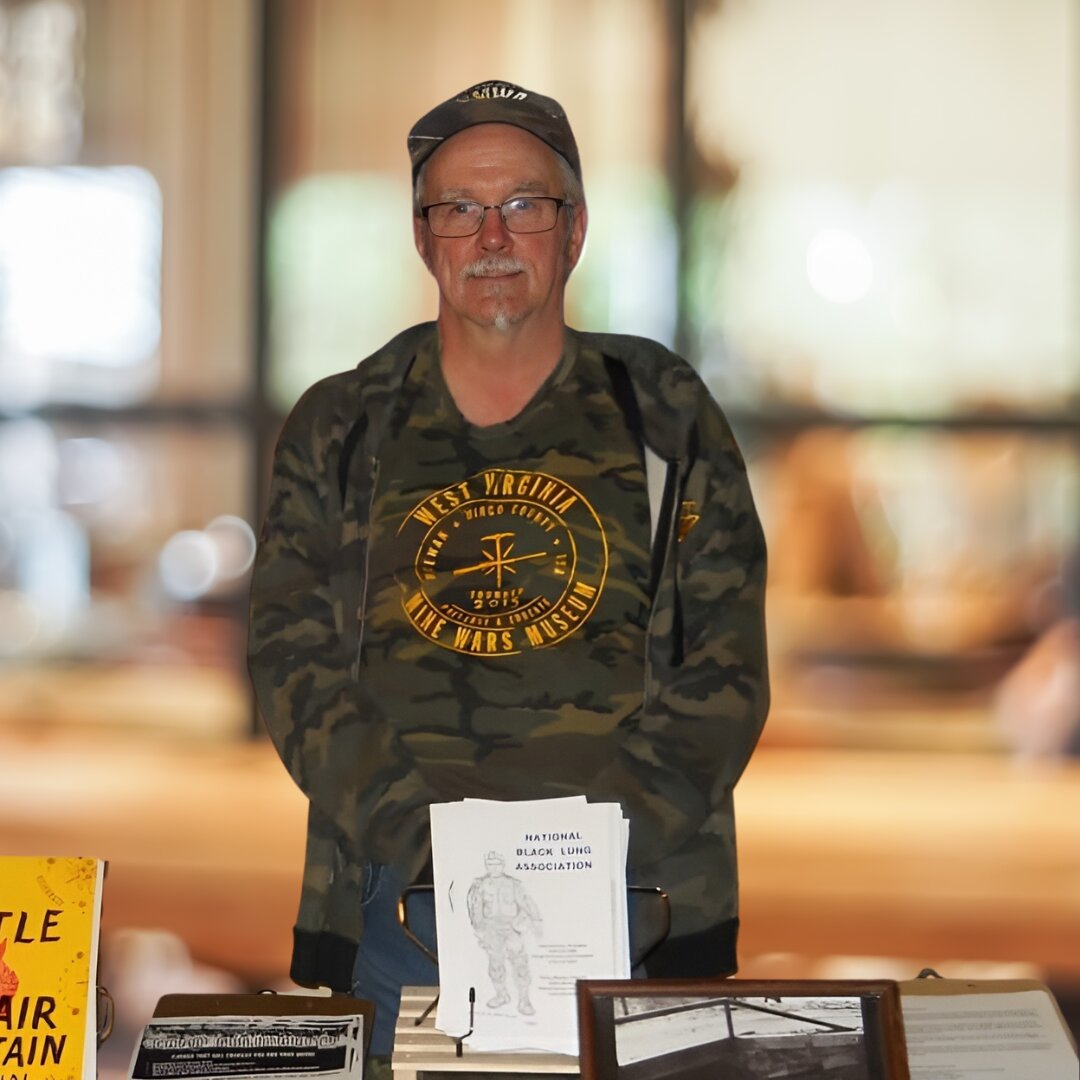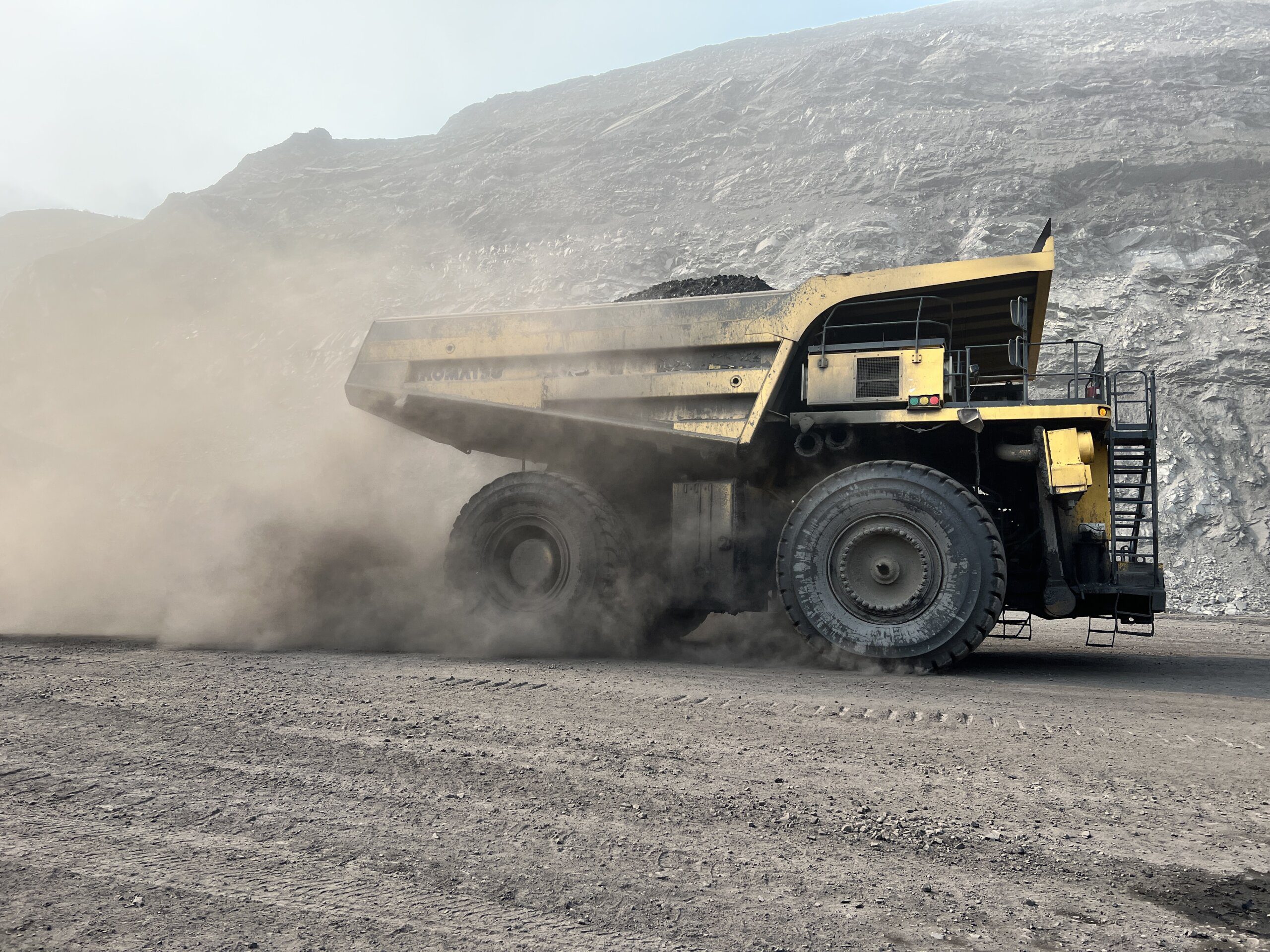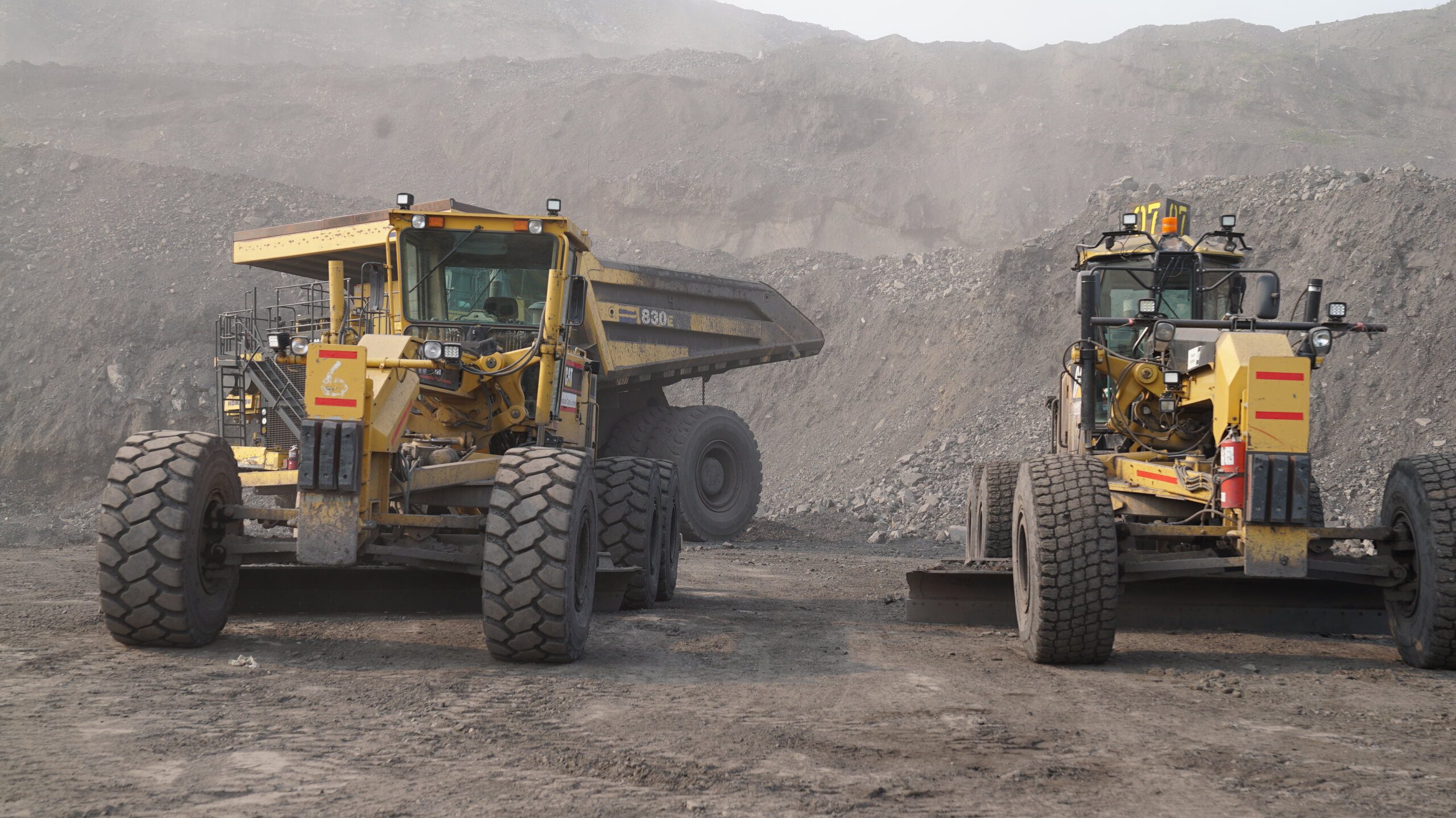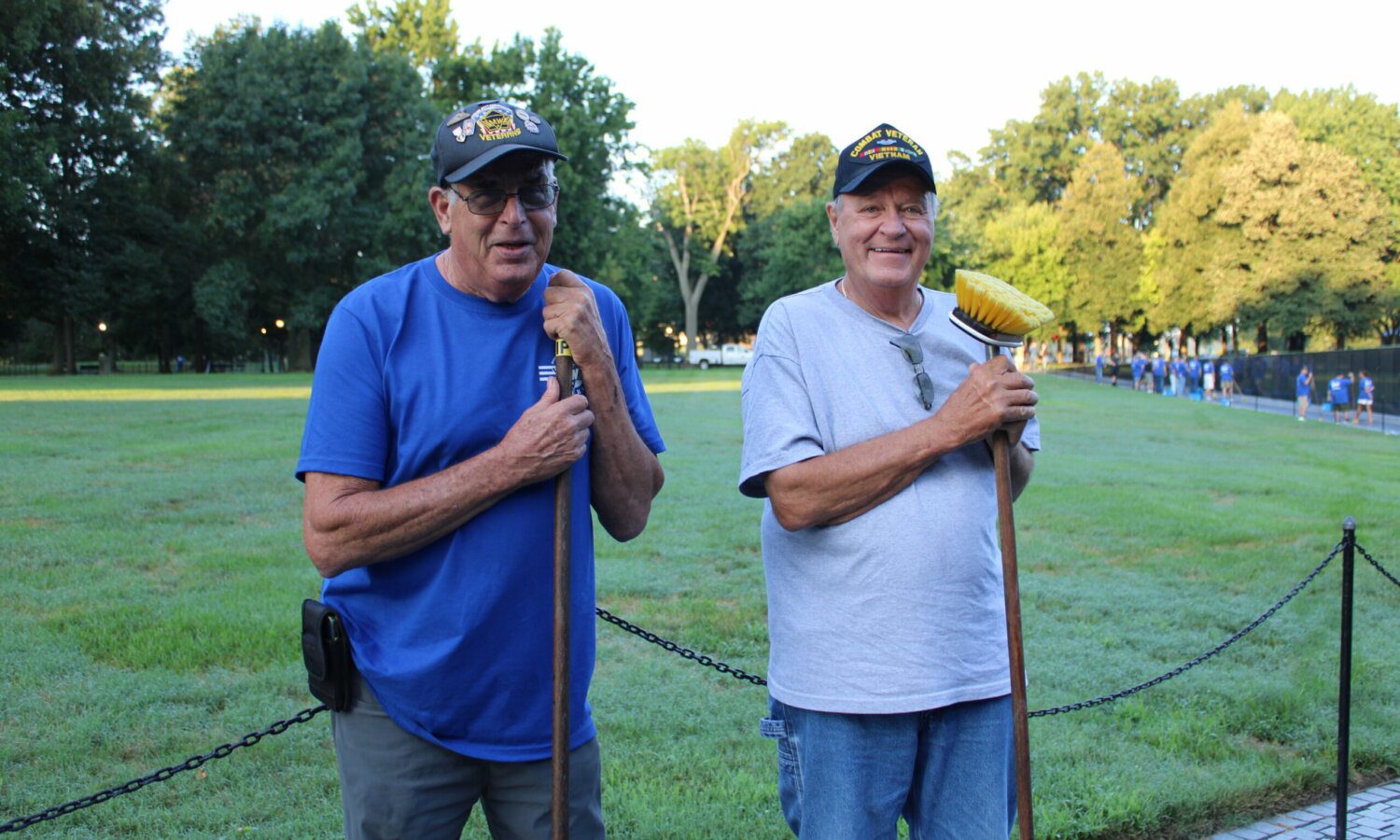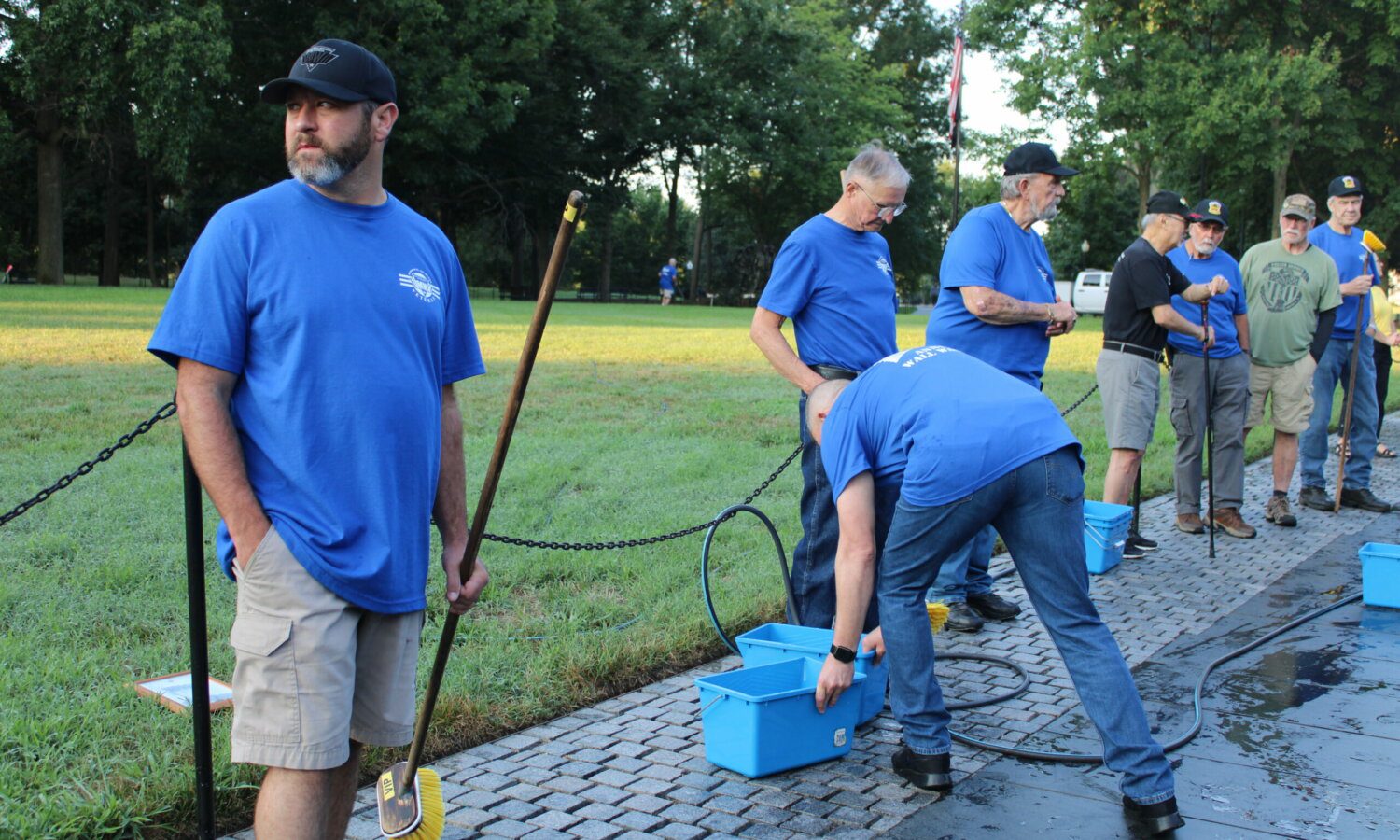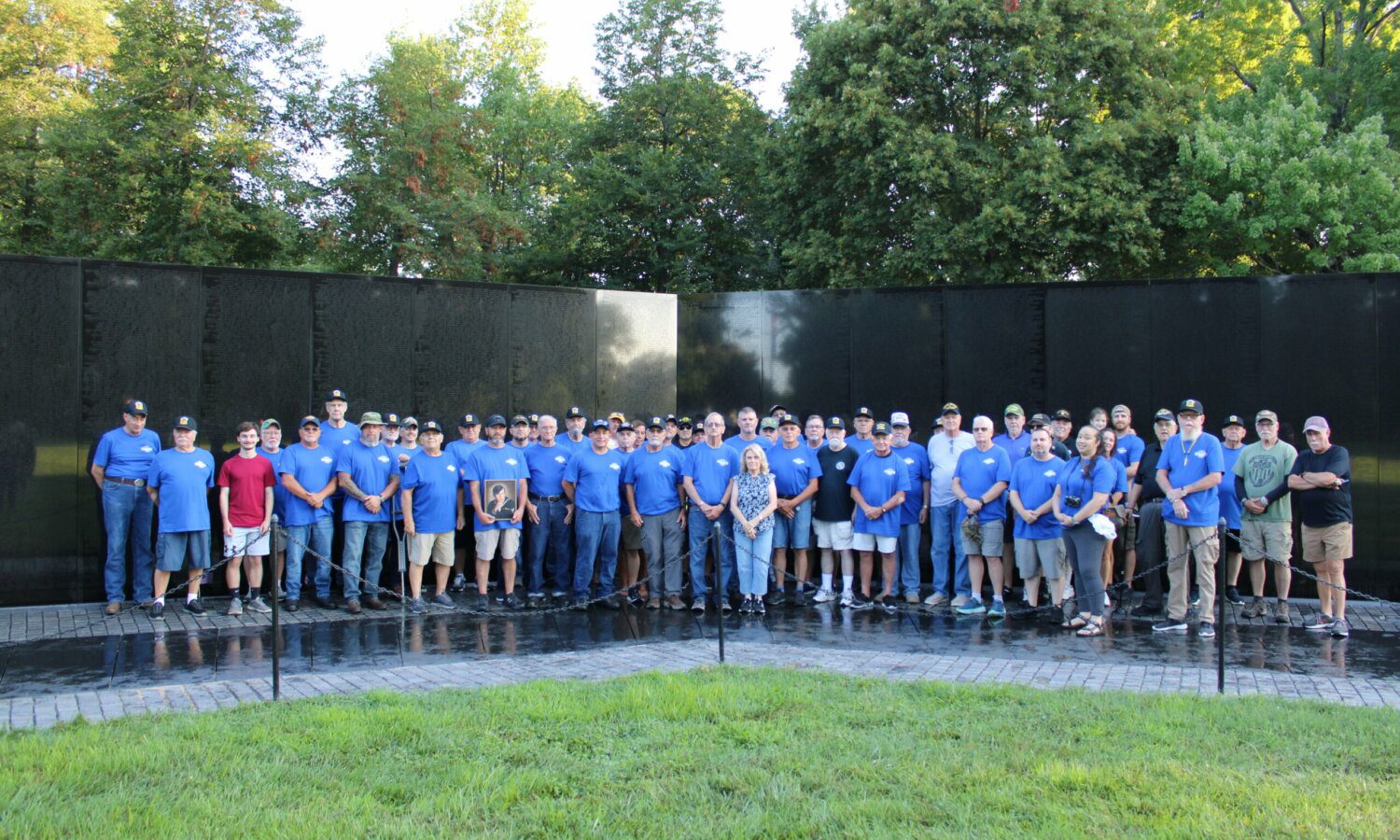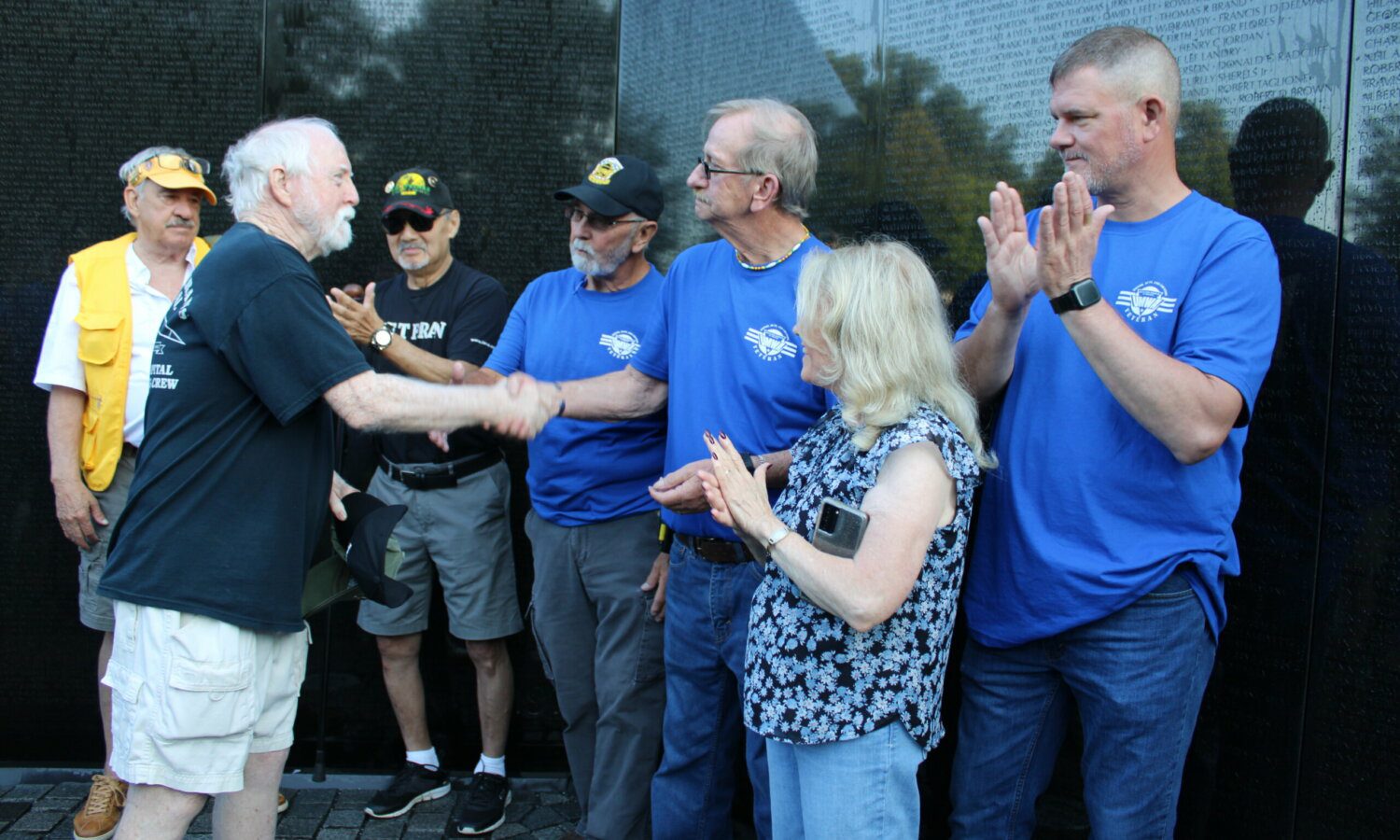Source: Times West Virginia, Fairmont
Date: September 2, 2024

Sep. 2—MANNINGTON — The labor movement argued it is as relevant today as it has been in the past at the annual Labor Day Picnic in Mannington on Sunday.
“Today, we’re kind of looking back on the past,” Cecil Roberts, president of the United Mine Workers of America, said. “We’re looking at our present, we’re hoping for our future here. Right here in West Virginia, it hasn’t been the best. The state has turned to the right, become more conservative. That’s not good for organized labor.”
Roberts gave the keynote speech at this year’s picnic. With the general election a little over 60 days away, labor-friendly politicians from all across the state came for their hot dogs and face time with voters. Present were candidate for governor Steve Williams and candidate for U.S. Senate Glenn Elliot, as well as Marion County candidates Joey Garcia for state senate, House of Delegates candidates Stephanie Tomana, Frankie Delapas and Rick Garcia. Also present was Belinda Biafore for Circuit Clerk. Other candidates from different counties were also present.
There is a Republican Labor Caucus. They do have a record of stopping certain anti-labor bills in the state senate and house, such as HB4840 which would have harmed mine worker safety and HB4394, which would have diminished the ability mine workers had to sue for injuries or deaths on the job. However, no one from the caucus was present.
“What’s big right now is who’s going to control Congress,” Roberts said. “Who’s going to control the Senate? Who’s going to be president of the United States? What are those people going to do when they get in office? Are people going to have an easier time joining unions or a harder time to join unions? That goes with who controls the Congress?”
The politics of pragmatism also impacted the discussion around coal mining, climate change and labor, Roberts said. While he acknowledges climate change is real, without a meaningful effort to ensure coal miners transition to jobs that pay the same as their current ones any effort to transition out of coal dependence will be doomed. Roberts said it’s unrealistic to ask people who have a good union job to jump to a lesser paying job.
Roberts also touched on health care and wages, and said a life or death situation shouldn’t hinge on where a person has a job that provides access to medical care or not.
“[Health care] is an issue that dominates negotiations within a collective bargaining agreement more than anything else,” Josh Sword, president of the West Virginia AFL-CIO said. “But it depends on what industry workers are in.”
Bill Reger-Nash, Democratic candidate for House District 82, said salaries are a big deal when discussing labor issues. He wants to see wages climb to $15 an hour for minimum wage, and supports ultimately moving to $20 an hour for workers. Even with two people bringing $15 per hour each to a household, that’s still close to the poverty level in the state. If health care has to be self funded, the cost only becomes a tremendous liability he said.
Reger-Nash makes these criticisms as a capitalist, but it’s hard to overlook the discrepancies between working people and management. He pointed to Walmart as an example of worker exploitation. Walmart is the biggest single private employer in the state. They paid a sister-in-law of his who had been an employee for 14 years $13.50 an hour.
“Then, she got COVID. She was expected to take the time off herself, the health benefits she had were non-existent. Thinks like that keep people in poverty and the UMWA, AFL-CIO do not permit the working person to be exploited like that,” Reger-Nash said.
Meanwhile, the leaders of major corporations like Walmart make obscene amounts of money, he said. Reger-Nash isn’t opposed to people making money, but he is in support of working people being treated fairly.
Candidate for House District 78 Diane Market Gaston said there’s power in numbers, which is why unions are important. Management has the money and power, the only way to counterbalance that is to be part of a big group. She said there’s cognitive dissonance between members of the working class but vote Republican.
“You want to believe you’re going to be taken care of by Big Daddy over here, but you’re not being taken care of by Big Daddy,” Market Gaston said, referring to corporations. “Big Daddy is over here breaking you apart and making this worse, but that’s a long psychological conversation as well.”
However, that’s not to say all Republicans are anti-labor. She said that should she get into office, her goal is to cross over and find Republicans who are amenable to working with her on union issues.
Of course, it wasn’t all politics. Kids tempted ducks with potato chips and the chili on the hot dogs was actually spicy for West Virginia, delightfully so. Once ice cream was available, picnic attendees enthusiastically lined up for their share.
Sword, president of the state’s AFL-CIO, said it’s his favorite weekend of the year. He said the holiday celebrates the accomplishments of working people throughout history. Despite the best efforts of business, generations of workers laid the foundation for the rights workers now enjoy, through pain, struggle and even death.
“Working people made the United States of America the greatest country on the planet,” Sword said. “We ought to celebrate our work and contribution to that.”
Written By: Esteban Fernandez


